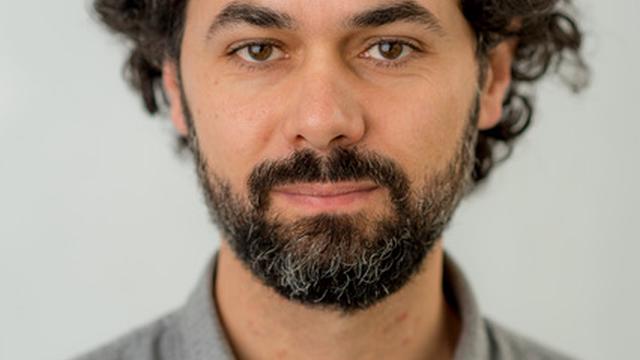Grant
Diego Blas obtains a Leonardo grant from the BBVA Foundation
September 12, 2024
Theory DivisionDiego Blas has been awarded one of the 58 Leonardo Grants by the BBVA Foundation for his project, “Detection of Gravitational Waves in Lunar Orbit and in Artificial Satellite Orbits”. Selected from among 1,400 applications, his research aims to address a critical gap in our current understanding of gravitational waves.
Since their first detection on September 14, 2015, gravitational waves have revolutionized our view of the Universe. These “ripples” in space-time have provided scientists with valuable insights into cosmic phenomena. However, the technology we currently use can only detect these waves within a limited range of frequencies, leaving significant portions of the spectrum unexplored.
Blas’ project focuses on one of the most intriguing unexplored frequency ranges, between microhertz and millihertz. In this range, it is believed that gravitational waves generated by massive black holes at the centers of galaxies, and even those from the early moments of the Universe, shortly after the Big Bang, could be found.
In 2022, an innovative approach was proposed , by Diego Blas and Alexander C. Jenkins, to detect these elusive gravitational waves by studying their effects on the orbits of celestial bodies such as the Moon and artificial satellites. Given the precise data available on these orbits, subtle variations caused by gravitational waves could potentially be observed.
This awarded project will develop tools to analyze current and future data from lunar and satellite orbits in search of these gravitational signals. Also, the research will explore how to further enhance detection accuracy by examining various satellite orbits. Ultimately, the goal is to open a new window into the hidden depths of the cosmos.
The 2024 Leonardo Grants is the 11th edition of the BBVA Foundation’s program to support science and culture of excellence.
Article in La Vanguardia .

